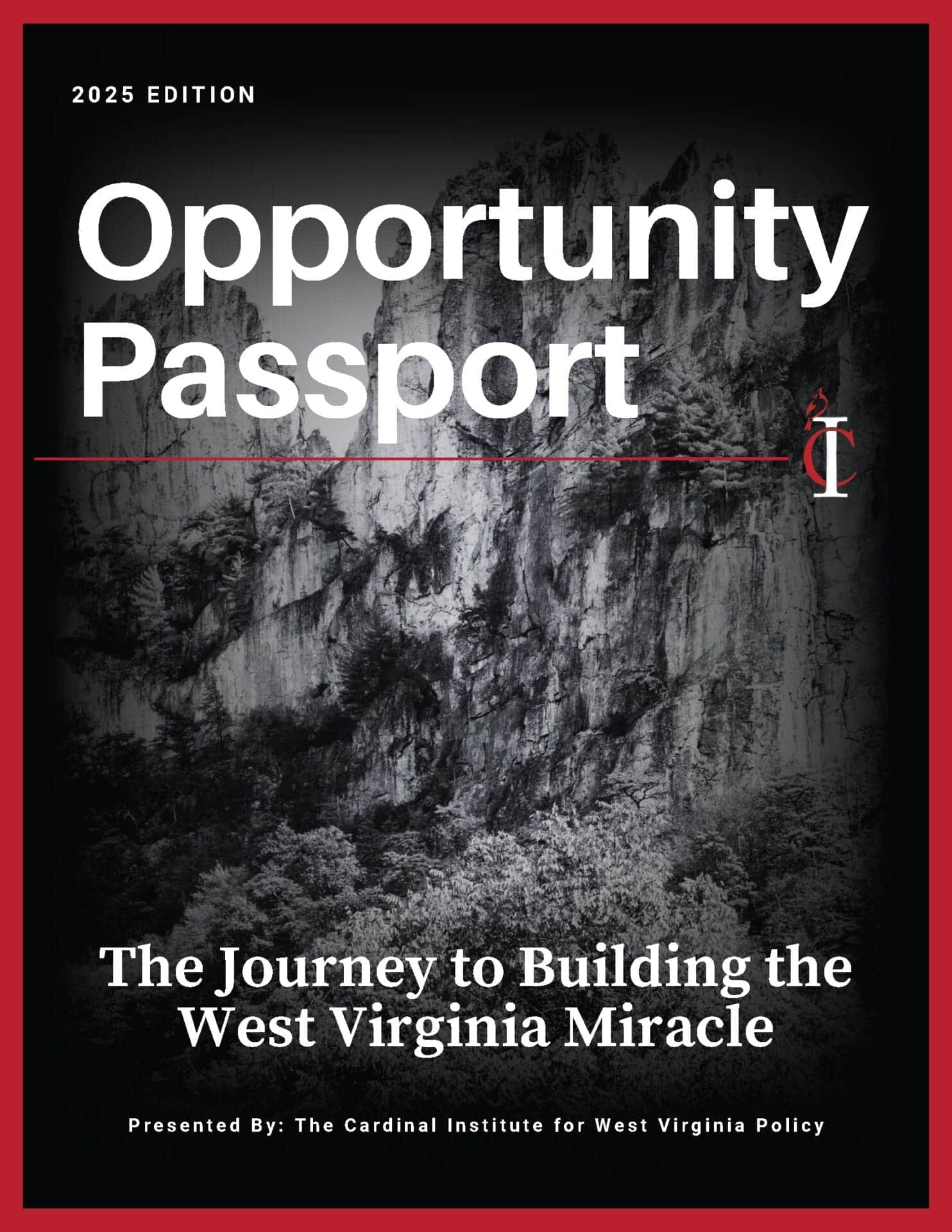
American Rescue Plan Dooms Tax Cuts
Cardinal Team
On March 11th, President Joe Biden signed the $1.9 trillion relief plan. Known as the American Rescue Plan, this Act intended to help the American economy recover from the year-long coronavirus pandemic. The most discussed parts of the program are the individual stimulus checks and expansion of the Child Tax Credit. The Act also includes $350 billion for State and Local Fiscal Recovery.
States Didn’t Need The American Rescue Plan
However, the Act, passed by a new ideological legislature and executive, has included an interesting limitation for recovery fund use. States cannot use these new funds to cut taxes. To make matters more interesting, a report from the Cato Institute has found that data from the Bureau of Economic Analysis (BEA) has indicated that more federal aid to states was not needed. Early reports stated that tax revenues were up in 2020 comparison to 2019. Although “revenues dipped in the second quarter, they bounced back strongly in the third and fourth quarters.”
In addition to remarkable financial recovery via states, the Congressional Budget Office (CBO) released their budget and economic outlook, showing that real GDP will rise 4.6 in the 2021 calendar year.
Is the Stimulus Worth It?
Woolly language and better than expected state recovery has created a dilemma for states on how to use the funds. It looks like the federal government could challenge any tax relief from the states.
Specifically, the language of the restriction is as follows:
“A State or territory shall not use the funds provided under this section or transferred pursuant to section 603(c)(4) to either directly or indirectly offset a reduction in the net tax revenue of such State or territory resulting from a change in law, regulation, or administrative interpretation during the covered period that reduces any tax (by providing for a reduction in a rate, a rebate, a deduction, a credit, or otherwise) or delays the imposition of any tax or tax increase.”
The Tax Foundation helped break down some examples of how the Act will affect states and their ability to create tax reform policies. According to their analysis, if the funds help to facilitate a tax cut, it is likely a prohibited use.
West Virginia has now become a loser with recent discussion from Governor Justice, who was planning tax cuts. Now, Governor Justice’s planned income tax cut could drag the state into a legal battle with the federal government.
While the American Rescue Plan helps families with at-home bills, it has undoubtedly tied the hands of state policymakers for the foreseeable future.
Jessica Dobrinsky is the Policy Development Associate at the Cardinal Institute for West Virginia Policy.







